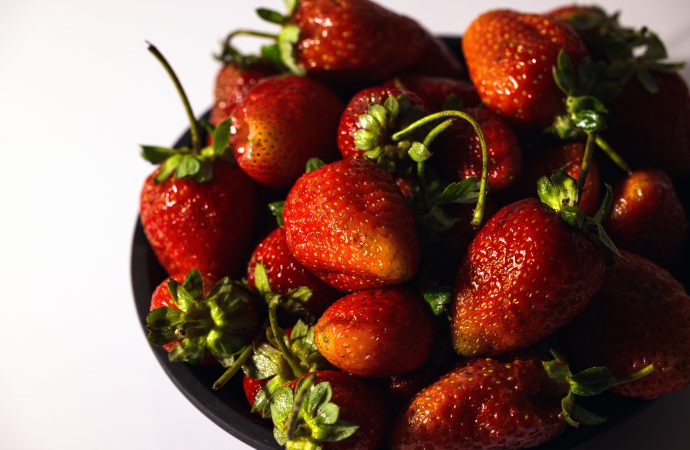Chronic kidney disease (CKD) is a condition in which the kidneys gradually lose function over time. Eating a healthy, well-balanced diet is essential for managing CKD and preventing complications. Here are some healthy eating habits to consider if you have CKD: Follow a kidney-friendly diet: As mentioned in our previous article, a kidney-friendly diet is
Chronic kidney disease (CKD) is a condition in which the kidneys gradually lose function over time. Eating a healthy, well-balanced diet is essential for managing CKD and preventing complications. Here are some healthy eating habits to consider if you have CKD:
- Follow a kidney-friendly diet: As mentioned in our previous article, a kidney-friendly diet is essential for managing CKD. A renal diet limits certain nutrients such as sodium, potassium, phosphorus, protein, and sugar to help reduce strain on the kidneys. Work with a registered dietitian or doctor to develop a kidney-friendly diet that meets your individual needs and preferences.
- Monitor portion sizes: Eating too much of any food can put strain on the kidneys and worsen CKD. Use measuring cups and a food scale to monitor portion sizes and avoid overeating.
- Drink plenty of water: Staying hydrated is important for kidney function, but it’s important to strike a balance. Drinking too much water can put strain on the kidneys, while not drinking enough water can lead to dehydration. Work with a registered dietitian or doctor to determine the appropriate amount of fluid for you based on your individual needs and CKD stage.
- Choose nutrient-dense foods: Eating a variety of nutrient-dense foods such as fruits, vegetables, whole grains, and lean protein sources can help support overall health and wellbeing. Choose foods that are high in vitamins and minerals and low in harmful nutrients such as sodium, potassium, and phosphorus.
- Limit processed foods: Processed foods are often high in sodium, preservatives, and other harmful additives that can worsen CKD. Opt for fresh or frozen fruits and vegetables, lean protein sources, and whole grains instead.
- Read food labels: Reading food labels can help you make informed choices about the foods you eat. Look for foods that are low in sodium, potassium, and phosphorus, and avoid those that contain harmful additives or excessive amounts of sugar.
In addition to these healthy eating habits, it’s also important to maintain a healthy weight, exercise regularly, and avoid smoking and excessive alcohol consumption. By making small, sustainable changes to your diet and lifestyle, you can help manage CKD and improve your overall health and wellbeing.
In conclusion, healthy eating habits are essential for managing CKD and preventing complications. Follow a kidney-friendly diet, monitor portion sizes, drink plenty of water, choose nutrient-dense foods, limit processed foods, and read food labels. Work with a registered dietitian or doctor to develop a personalized nutrition plan that meets your individual needs and preferences. By making small, sustainable changes to your diet and lifestyle, you can improve your kidney function and overall health.

















Leave a Comment
Your email address will not be published. Required fields are marked with *